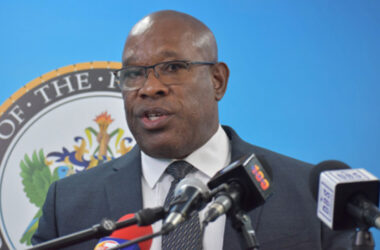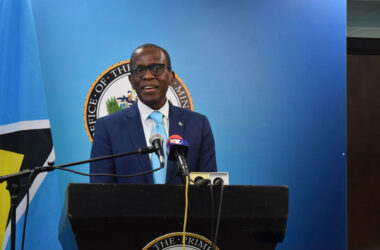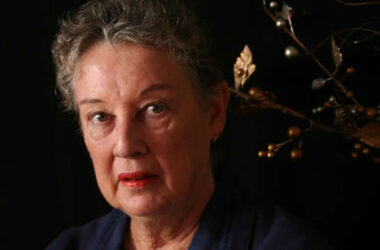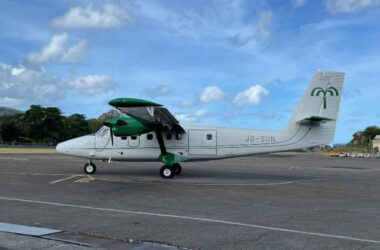THE Caribbean Court of Justice (CCJ) will host its 11th Annual CCJ International Law Moot on March 21 and 22, 2019 at the CCJ’s headquarters in Trinidad and Tobago before a bench of three CCJ Judges. The Law Moot has been extended to two days for this staging because of increased interest. Last year’s competition had eight teams from law schools and faculties around the region and was won by the Norman Manley Law School from Jamaica. The panel of CCJ judges who will this year decide on which of the nine teams is the best in the competition includes the Honourable Messrs. Justice David Hayton, Jacob Wit and Winston Anderson.
Interested members of the public can view the live broadcast of the debate between the final two teams, as well as the delivery of the judgment and the prize ceremony. Further information, including the link to the Moot question, the Moot schedule and the broadcast link to view part of Friday’s proceedings, can be found on the CCJ’s website:www.ccj.org.
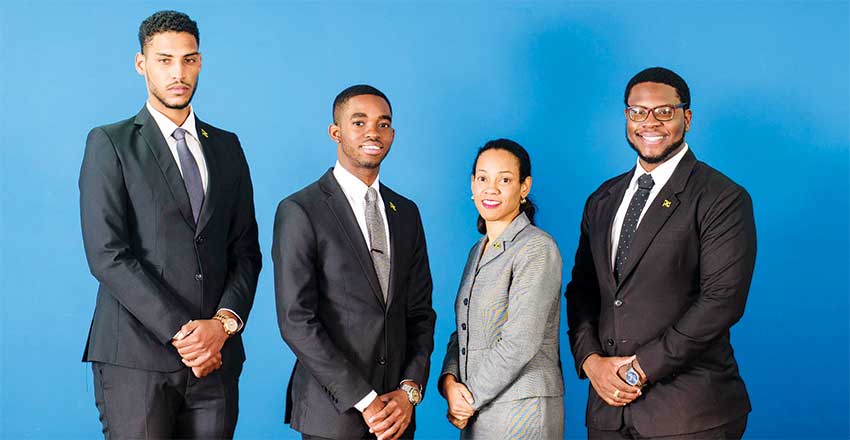
Mr. Justice David Hayton, who has chaired the Law Moot since its inception, stated, “regrettably we can only live-broadcast the final presentation of the second day, as to do otherwise could give an unfair advantage to other mooters. However, we hope that this glimpse of the competition will encourage others to view the entire competition, which I am sure will be fiercely contested ”. After the live broadcast, the entire competition will be available for viewing on the CCJ website.
CCJ’s President, the Honourable Mr. Justice Adrian Saunders, said that “the Law Moot presents an opportunity for students from regional law schools and faculties to have hands-on courtroom experience at the CCJ. This allows them an opportunity to develop and present their arguments in front of a panel of CCJ judges and to use our court management system, Curia. The Moot also promotes greater familiarity with the CARICOM treaty and the Original Jurisdiction of the Court”.
He also paid tribute to the Honourable Mr. Justice Hayton, commenting that, “as this will be his last Moot with the CCJ, I want to publicly thank him for his sterling service to this CCJ initiative. Each year, the Moot continues to attract enthusiastic participation from law students. Tremendous interest has been generated from regional law schools and faculties who invest resources and guidance to optimize the performance of their students. The success and popularity of the Moot is testament to the excellent organisational work done over the years by Mr. Justice Hayton, his committee and the host of volunteers who annually make the Moot possible.”
The topic of the Moot has always been rooted in issues arising from possible breaches of the Revised Treaty of Chaguaramas. This year’s question, for example, centres on a dispute where one country is alleging breaches of the treaty caused by the treatment of a fictional couple in a manner amounting to discrimination on the grounds of nationality. The students are required to present oral and written arguments before the panel of judges, who probe their arguments with accustomed rigour. This year’s CCJ International Law Moot Court will see mooters from the Bahamas, Barbados, Jamaica, Guyana, Suriname and Trinidad and Tobago.




